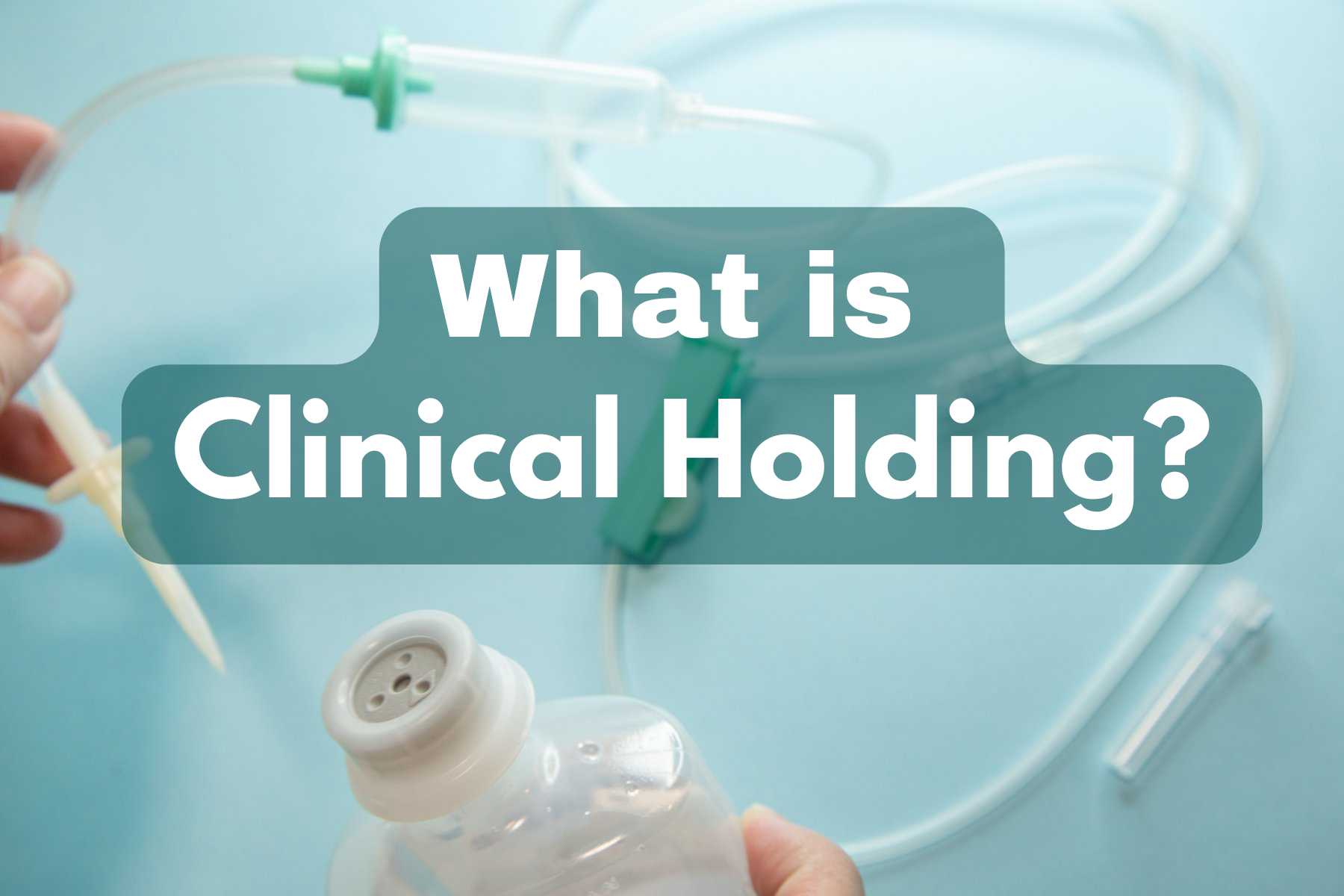What is Clinical Holding – A Definition
Clinical holding is typically a planned restrictive practice that allows staff to deliver serious medical treatment, essential care practices, or access routine treatments previously denied due to their inability to comply with the requests of practitioners.
It can be seen as a continuum of interventions from verbal instruction and hand-holding through to the application of restrictive practices such as physical, mechanical or pharmacological interventions.
Its use has the potential to be highly distressing for the person who usually has an intellectual disability or, due to their age, means they are unable to give their consent to the required treatment. It is delivered in the person’s best interest after practitioners have satisfied all the legal, ethical and professional considerations associated with such a decision.
Occasionally, due to acute changes in the person’s health or cognitive abilities, healthcare staff on the balance of risk decide to employ clinical holding where no best interest or planning meeting has taken place.
Both legally and professionally, this would be based only on the assumptions of
- Implied Consent: In emergencies, it is assumed that a reasonable person would consent to life-saving treatment if they were able to do so.
- Necessity: The treatment must be necessary to prevent harm or deterioration of the patient’s condition.
- Best Interests: Under the Mental Capacity Act 2005, any treatment provided must be in the best interests of the patient.
While clinical holding is a necessary tool in certain situations, it is important to approach its use with utmost care and sensitivity. By understanding the principles and guidelines surrounding its application, healthcare, social care professionals, and families can ensure that it is used appropriately and ethically, always prioritising the well-being of the person receiving care.
For more information on clinical holding and its ethical implications, consider exploring the resources on our website and also those of other professional organisations, such as
- Royal College of Nursing
- NICE – National Institute for Health and Care Excellence
- Mental Capacity Act Code of Practice
Alternatively, you can always get in touch with us if you have a more specific question or query.

